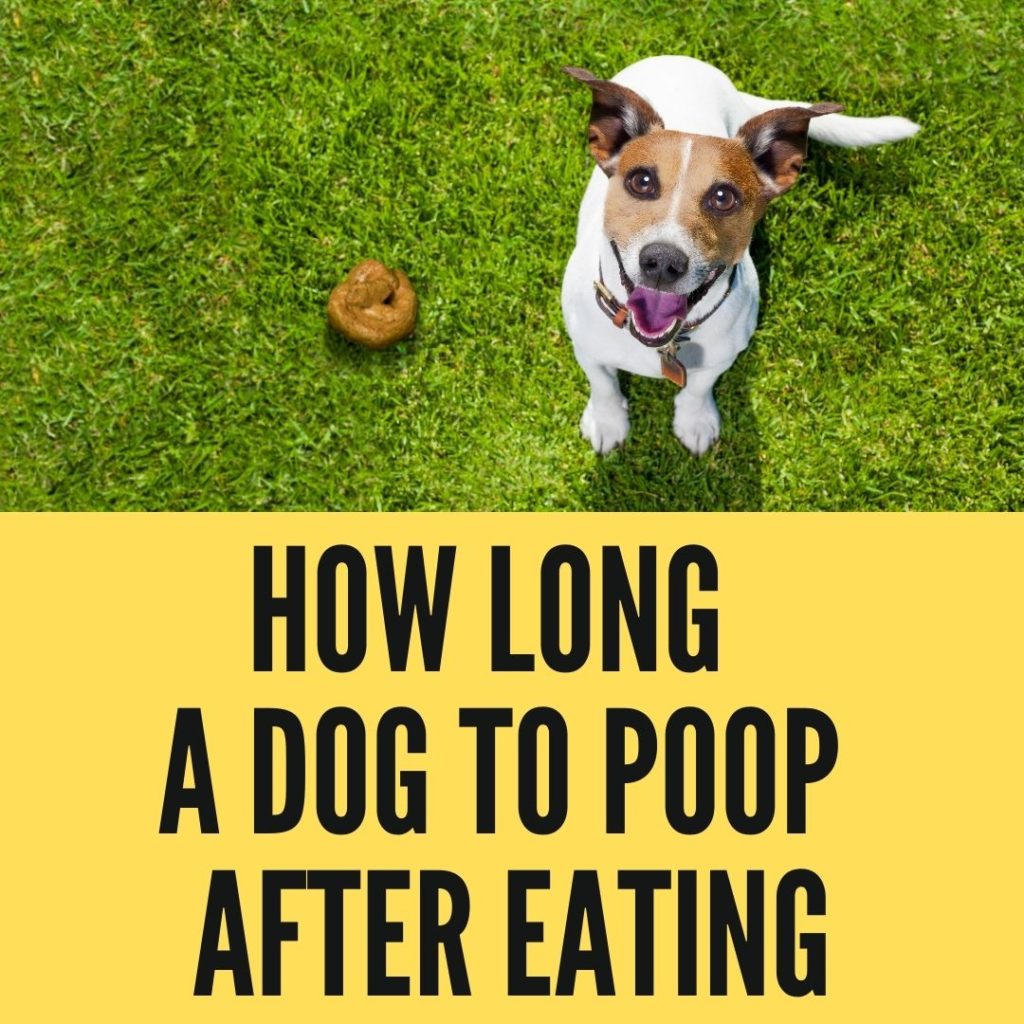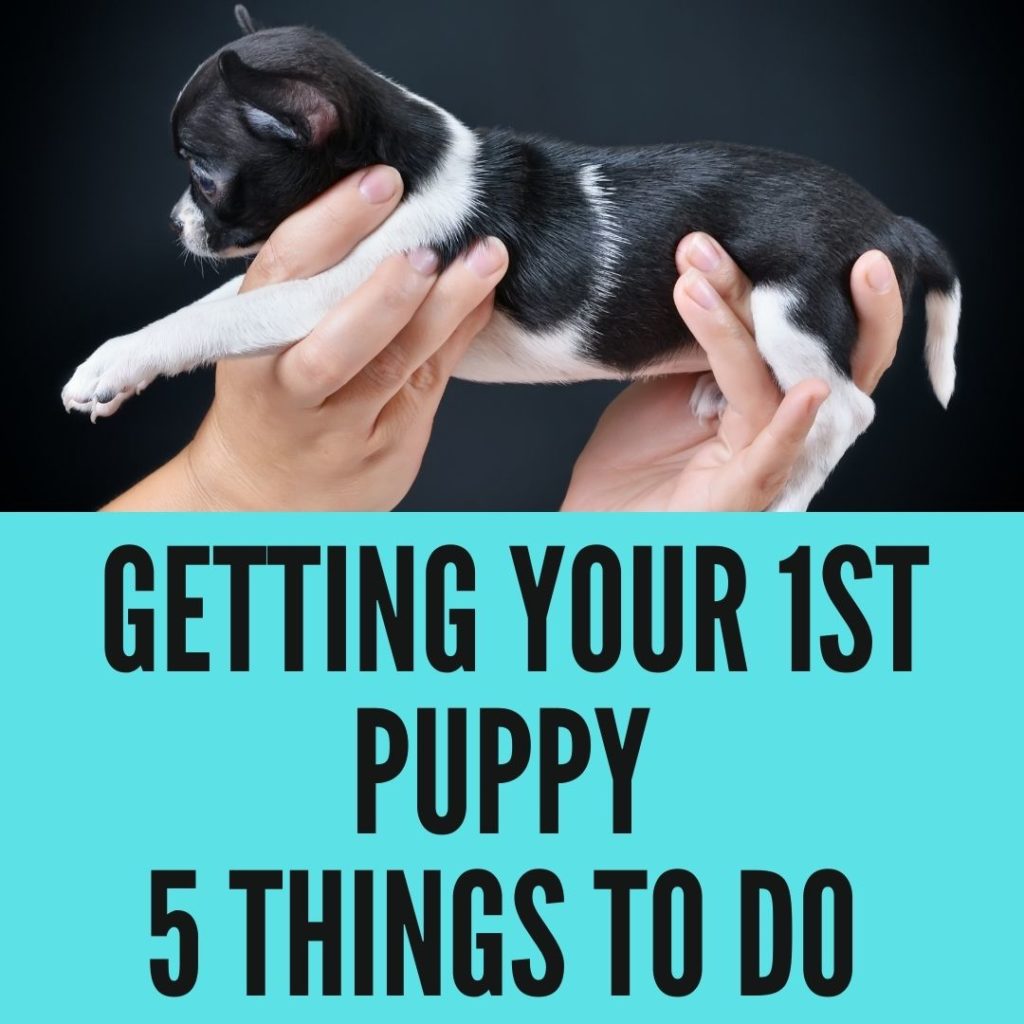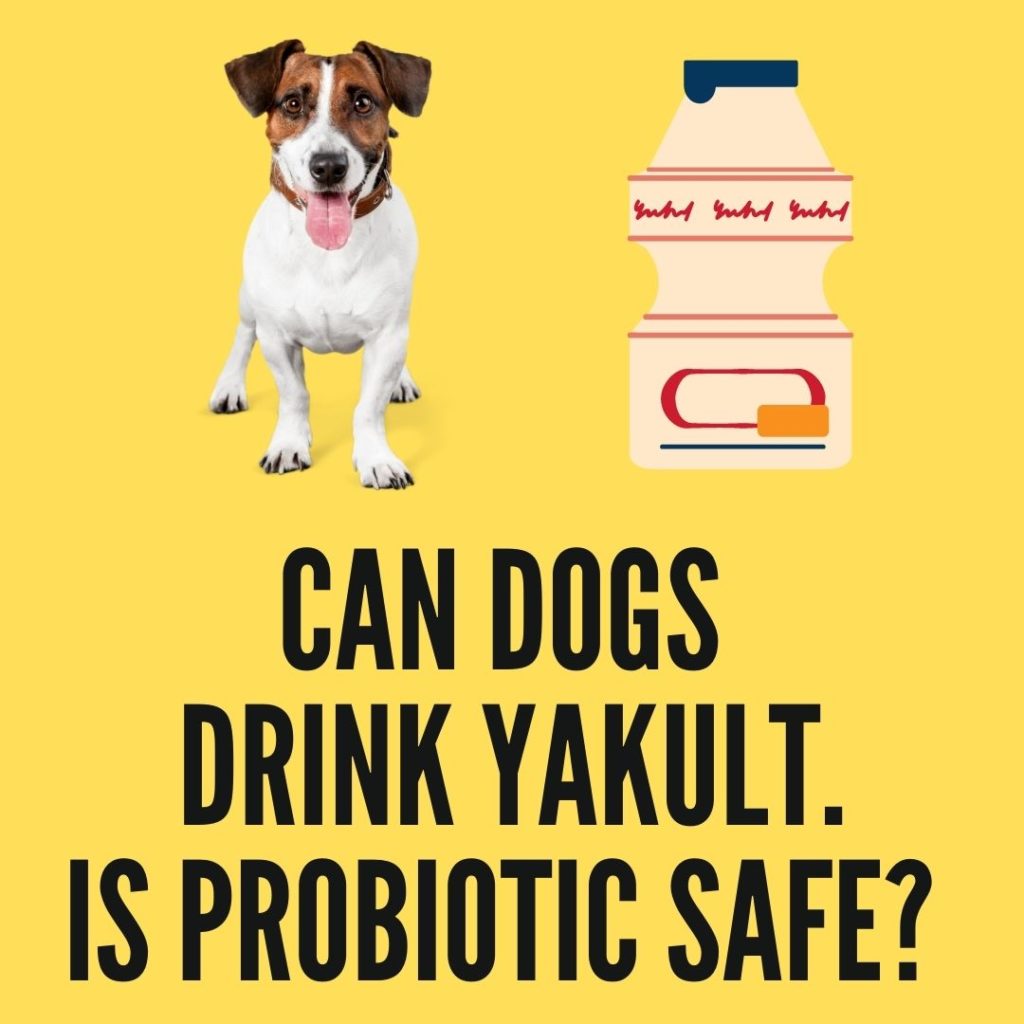Teaching your Dog to handle some things can be trickier than you know. You may be successful in training your dog obedience training or behavioral control, but you may face challenges when it comes to exercising control over digestive tract issues.
Puppies have less complex digestive systems when compared to older adult dogs.
The older a dog gets, perhaps the higher the risks of slow digestive tract functioning; hence you should pay attention to their entire health.
So, How Long Will it take for a Dog to Poop After Eating?
- How long does it take for a dog to digest food and poop it out?
- How long should i wait to take my dog out after eating?
- Do dogs poop after every meal?
When it comes to how long it takes for a dog to poop after eating, the age of the Dog provides the answer. A puppy should take less than 30 minutes to poop after eating, while the adult dog may take at least an hour for the same purpose.
What You Should Know About Your Dog’s Digestive System
A healthy digestive system is essential to your Dog’s wellbeing. The digestive system digest food absorbs nutrients into the body system, maintains fluid balance, and helps the Dog eliminate waste.
The following are essential things you should know about your Dog’s digestive tract;
1. Foods Move Through the Dog’s Digestive Tract Three Times as Fast as Humans
Dogs have tiny intestines, and this comprises about 25% of the gastrointestinal structure. This small intestine composition is quite common in omnivores; cats even have an intestine that contains only 15% of the total digestive system.
On average, food will move through the canine intestine a bit faster, and the gastrointestinal transit time is about 6-8 hours in dogs, while the same is between 20 and 30 hours in humans.
2. Your Dog’s Poop Tells A Lot About Their Health
Studying your Dog’s poop may be unpleasant, but it will surely help you make confident decisions that can save the animal’s life.
Abnormal poop, characterized by acute diarrhea, may be caused by infection of the digestive tract. If diarrhea persists for days or you discover blood in the poop, you should take the dog to a veterinarian for a thorough examination.
If your dog is straining to poop, it could mean the animal is constipated. Difficulty in defecating may be characterized by the animal making uncomfortable noises, or poop may be very thick.
Prolonged constipation and diarrhea may lead to poor feeding habits that may lead to severe weight loss and loss of appetite.
3. Diarrhea and Vomiting Maybe More than Digestive Issues in Dogs
It is easy to assume that vomiting and diarrhea are symptoms of digestive disorders in dogs, but that is not always the case.
Gastrointestinal disorders in dogs account for about 10% of total visits to veterinarians, and diarrhea and vomiting are often the most clinical symptoms of such conditions.
Diarrhea is also one of the most clinical signs of systemic diseases such as Kidney, liver, or endocrine disorders. Vomiting is also a common symptom, but most will naturally be resolved in less than three days.
In most cases, veterinarians will recommend 6-12 hours of fasting, which a bland diet will follow. The doctor can examine the Dog during fasting to ascertain the underlying cause of vomiting and diarrhea.
4. Most Dogs Can Easily Digest and Absorb Carbs
Contrary to popular beliefs that dogs don’t digest carbs properly, it is pretty clear that most of them do.
Most dogs today are categorized as omnivores, just as humans, and since dogs have been domesticated, they have adapted to the consumption of plant-based foods like carbohydrates.
Natural carnivores like cats require higher nutritional needs; hence they primarily consume diets rich in animal fats and protein.
Omnivores don’t have as many dietary requirements as Carnivores; therefore, they can quickly get their vitamins, arachidonic acids, and other essential nutrients from plant and animal sources.
Normal dogs should have no difficulty digesting complex and simple carbs, and you don’t have to feed grain-free diets to your dogs.
5. Dogs can Get Indigestion or Heartburn Too.
Most humans have not seen dogs suffering from heartburn, but the reality is; they suffer from such disorders too.
When in the fasting state, stomach acids in dogs act similarly to those in humans, but dogs typically produce more stomach acids than humans after eating. This means that dogs and humans can benefit tremendously from the application of antacids.
Do not administer any over-the-counter antacid on your Dog unless you consult the veterinarian.
Doing this will help prevent any form of potential drug side effects on the animal. Similarly, veterinarians can also guide you on applying the correct doses of antacids.
How long does it take a dog to digest food?
Dogs are sensitive to food poisoning just like humans, and everything they ingest must be well-monitored.
For instance, dogs must not be fed raw meat because of the risks of food poisoning.
So, it’s crucial to ensure your dog’s healthy digestion by being keen on the food you give.
Dog probiotics and gut-health-boosting supplements can help prevent indigestion and heartburn.
If you’re in doubt if a particular food is bad or good for your dog, do your homework first before giving it to your pet. Consulting a veterinarian is also advisable.
House-Breaking Rules For Your Dog: Training Your Dog On Digestive Functioning
The procedures for housebreaking often bring some feelings of nervousness and worry to the Dog, but such should not be stressful for the animal.
The following steps can help your Dog have better control over its digestive functioning
Conditioning
Dogs can be conditioned to defecate in a particular area created for such purposes. Most puppies within two and four months of age will learn crate training quickly.
But how do you get your dog to defecate or “poo” on the designated spot? One of the best ways to train your dog is to go to one area to teach it to follow your command.
First, take your pet on a leash to the designated area you want it to poo, and utter the cue word. Next, keep your dog in that place until it goes. Reward your dog after successful defecation.
How do you prevent your pet from wandering around? Prevent your pet from going outside of the designated spot by keeping your dog on a leash.
Just stand in the area and wait until your dog defecates. Don’t allow your pet to explore the yard until it’s done. You can block the site using temporary fencing.
By doing these steps, you’ll condition your dog to follow your command until it becomes a part of its regular routine.
Be Consistent with Eating Schedule
Puppies will naturally want to defecate within five and thirty minutes of eating a meal.
You should pay attention to all other things you do during the day and schedule feeding time when you will be there when the dog’s poop and ensure they poop in the right place.
Make sure the Dog is familiar with the smell of the place as it helps them adjust and get used to using such areas.
Don’t be Harsh on the Dog.
It can be difficult for many impatient dog owners to get to train their dogs on housebreaking. For this reason, you should be persistent and, at the same time, take it easy on the Dog during potty training, for instance.
Do not scream or shout at the Dog, but try and maintain the same energy as the Dog.
Dogs can follow simple rules when they trust you. For instance, you should make commands less complex. Simple controls like “sit,” “Stand,” and “Eat” are simple enough to handle, and perhaps no order should be more than two words.
You should also practice the use of commands when your dog is outside of the home. It can be pretty tricky initially, especially when you just brought a puppy into your home.
Setting a Routine for Your Dog
How fast does a dog poop what they eat? The first thing you should do in the morning when your Dog wakes up is to take them outside to the general area. It would be best if you were consistent with this routine so that the puppy can learn the habit.
It will come to a point when the Dog wouldn’t wait for you before going to the general area every morning.
It would be best to introduce the puppy to other routines in the day once they get used to the general area. These routines include the time to eat and poop.
There should be a time to walk or perform some exercise to boost the Dog’s agility and mental wellbeing.
While the process of housebreaking training can be stressful, there is a reward for being consistent with the process, especially for the Dog.
Positive Reinforcement is a must.
Do not punish your Dog for occasional errors; they may feel threatened and may withdraw from social interactions, especially with you or any other member of the family.
Similarly, it would be best if you rewarded them in the beginning for doing the right thing. Be careful with food reinforcement such as treats; they can make dogs overweight or even lose interest in eating proper meals.
When you put some little extra energy and work into getting your Dog used to a routine, you will eventually be less reliant on Reinforcement.
Tough the Dog may want to be rewarded each time and may put extra effort into obeying your commands. Let moderation be your watchword.
Conclusion
Vomiting, diarrhea, and inconsistent dog poop are not the only things dog owners should pay attention to.
Even subtle signs such as restlessness, humping, and other abnormal behavior in dogs can be a sign of the digestive tract.
In many cases, the doctor may examine genitals, nose, eyes, and other sensitive areas affected by digestive issues.
Though primary signs of digestive problems are more important to focus on than secondary symptoms, it is just wrong for a dog owner to prioritize some conditions more than the rest.
Conclusion
It is also essential for dog owners to keep up with the vaccination and other treatment needs. Consistency and persistence are the keys to learning more about your Dog and their strength and weaknesses.




